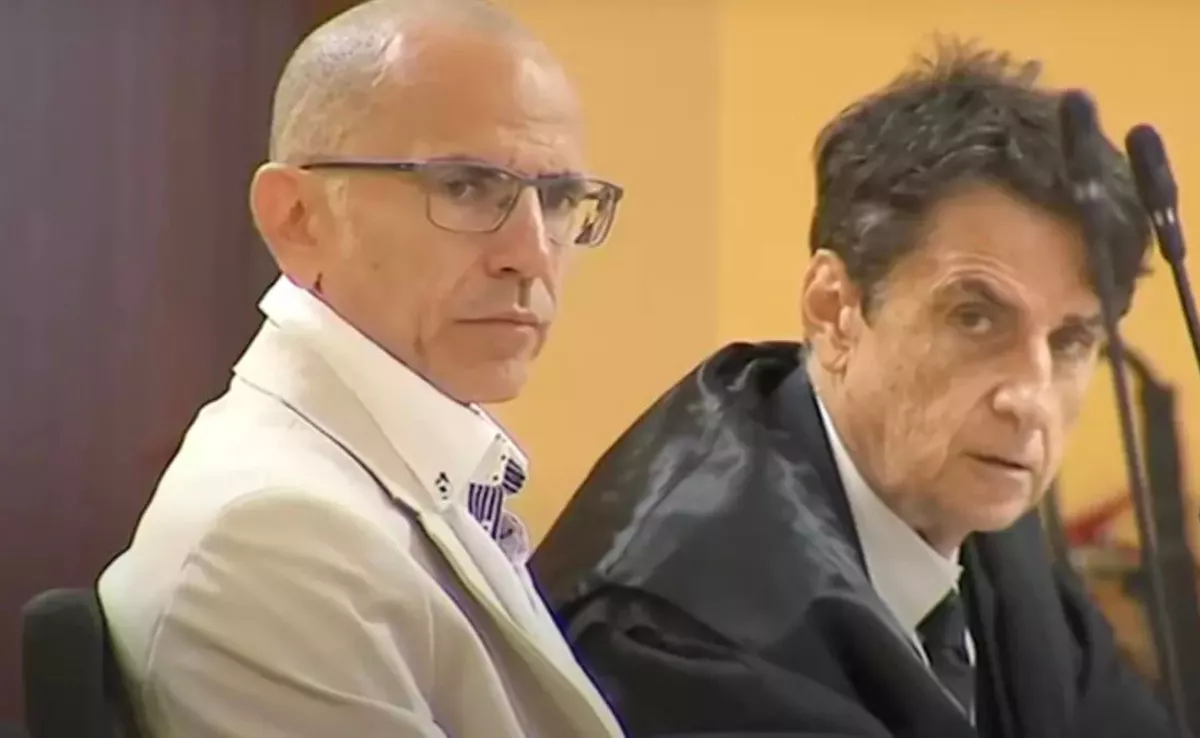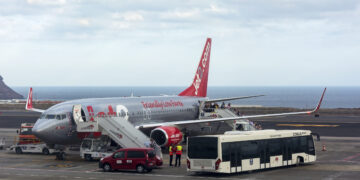Dispute Over Urban Development in Cho-Parque la Reina

Several property owners in Polígono 2A, Cho-Parque la Reina, have joined a lawsuit initiated in December by Nicolás Jorge, a former councillor in Arona who was previously investigated for misconduct but later acquitted. In accordance with their lawyer’s advice, these property owners are contesting the area’s urban development plans. Community sources have informed Atlántico Hoy that Gestur, the original promoter of their residential development, has also engaged in the legal proceedings.
### Issues with Building Licences
The affected residents allege that some have been waiting for more than seven years to obtain building licences, as the council claims that the development has yet to be formally accepted. However, other residents have received permits for constructions requested decades ago. They assert that they pay property taxes (IBI) for their plots and that the streets are equipped with lighting, cleaned, and serviced for waste collection, despite the council’s assertions to the contrary.
### Background on the Legal Challenge
The legal complaint now joined by residents was originally filed by Nicolás Jorge in December 2024. Jorge is an attorney with a background in public service, having once served as a councillor for the PSOE in Granadilla de Abona. He was acquitted in 2023 of charges of misconduct and embezzlement, for which he had been prosecuted for several years. Following his political career, Jorge has maintained an assertive stance on urban and legal matters in southern Tenerife. His challenge against the Cho-Parque la Reina Partial Plan questions the legality of administrative actions within this area, opening a legal front previously confined to municipal reports.
Thus far, residents have been hesitant to resort to the courts due to fears of a lengthy and costly legal process. However, they have lost faith that the matter will be resolved by the council, especially given that they have been waiting over a year for a legal opinion containing several proposed solutions, for which they paid €15,000, without any progress.
### Implicit Acceptance of Development
The property owners have been advocating for implicit acceptance of the works for months, arguing that the council has been acting as if the development had been accepted for decades. They have compiled official documents to bolster their claim, which Atlántico Hoy has accessed. A municipal resolution dated 30 July 2024 confirms that the streets Bajío, Salicaria, and Saloma have been included in the General Inventory of Goods and Rights since 2011, identifying them as public assets with precise measurements. Additionally, the Local Police certified on 4 December 2023 that the roads Cañada Blanca, Sanjoras, Bajío, Salicaria, Saloma, and Baderna are open to traffic, situated within a residential area and equipped with pavements. They also provided photographic evidence.
Moreover, the Service of Works and Infrastructure confirmed in writing, on the same date, that these streets have been included in municipal maintenance contracts since 2009 and benefit from public lighting with municipal supply and maintenance, citing several files.
### Contradictory Reports and Council’s Stance
Armed with this evidence, the Head of Discipline and Licences submitted a supplementary report on 5 March 2024, concluding that there are “sufficient grounds” to consider the implicit acceptance of the development, including the municipal inventory of streets, public usage since at least 2009, maintenance and lighting contracts, as well as historical building and access licence grants. This report lists building licences granted in Bajío and Salicaria from 1993 to 2018 and access licences in Bajío, Saloma, Salicaria, and Baderna, noting that access involves the use of public domain assets, thereby affirming the public nature of the streets.
Despite these technical documents, in November 2024, the acting General Secretary issued a report agreeing with the legal interpretation that licences could not be granted due to the absence of a compensation project and the required 10% cession agreement established in 1985 with Gestur. Consequently, the development project lacks final approval. The same document suggested exploring the legal viability of reviewing all previously granted favourable licences in light of the fact that building and access licences have been issued in the area. Furthermore, the legal report dated 4 November 2024, referenced by the Secretary, stated that no licences can be granted in Polígono 2A “at this time” as the requirements of Article 261 of the Canary Islands Land Law are not met, recommending the prior legalisation of any potential development works as a precursor to formal acceptance.
### Underlying Conflict
As previously reported by Atlántico Hoy, the issues date back to the 1980s. The then-public promoter Gestur developed part of the area, but the initial approval agreement from 1985 made processing contingent on presenting a compensation project that included the 10% cession of the development to the council. There is no record of this procedure being completed, nor of the final approval of the urban development project. Since then, the council has provided services, maintained the roads, and granted permits in the area while simultaneously denying new licences due to the lack of formal acceptance. This duality is what the technical teams invoke to support the claim of implicit acceptance, which the Secretary refutes until the outstanding urban responsibilities are fulfilled.















